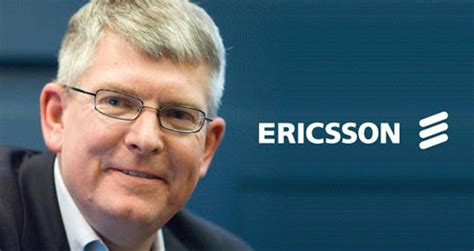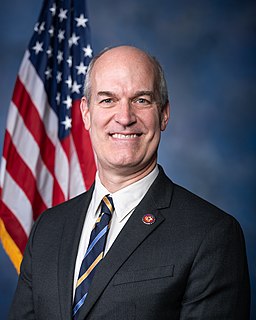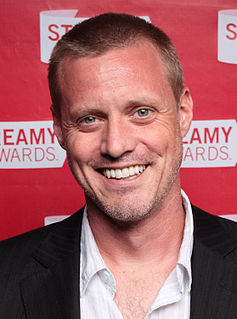A Quote by Christopher A. Wray
Technology companies have a front-line responsibility to secure their own networks, products, and platforms.
Quote Topics
Related Quotes
Individual companies now have the voluntary responsibility of recalling their own products. While many companies have acted properly and swiftly to recall contaminated goods, the delay between the identification of tainted foods and the company's decision to recall those foods leads to the needless sickness of too many Americans.
There is more interest in what is occurring in technology companies that impact news. Such companies don't have the same sense of transparency about what they do. They have a tradition of secrecy about products, mores and decision-making that goes along with Silicon Valley and intellectual property and technology. You cannot step onto the grounds of Google without signing a Non-Disclosure Agreement. That industrial secrecy mentality exists along with a theoretical sensibility about transparency on the Web, which is different than transparency inside companies that profit from the Web.
I admire companies that have a purpose, passion, and performance. I am a fan of Unilever under its CEO Paul Polman, not only for the company's insights into women and men when they buy beauty products or skin products (the DOVE woman, the AXE man), but also as a company seeking to achieve both growth and practicing social responsibility.
If Canadian companies want to sell products to the E.U., they have to prove those products conform with E.U. product safety, health and environmental rules. This involves extra bureaucracy, controls and paperwork. If the U.K. had a Canada-style deal with the E.U., U.K. companies would have to do the same.




































